Long-term Investing in NVIDIA Stock: Products, Dividend, Financial Statements, and More
🚀 Get ready to dive into the world of NVIDIA, a trailblazing tech giant known for its cutting-edge graphics processing units (GPUs) and a leader in AI and gaming technology! 🌟
Contents
Products and Services 🔍
NVIDIA has a range of products and services that are shaping our digital world.
1. GeForce Series: Gaming Glory 🎮
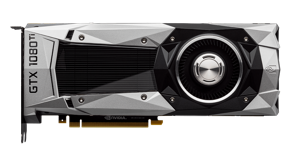
The GeForce series is like the super cool, high-performance sports car of the gaming world. These graphics cards make your games look stunning and run super smoothly.
2. Quadro Series: Professional Prowess 🏆
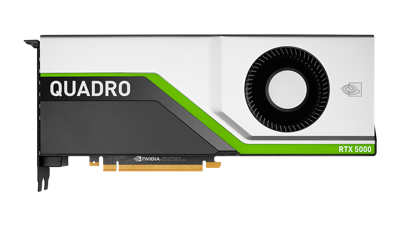
Quadro is the go-to for professionals. Whether you're into 3D modeling, video editing, or complex simulations, Quadro cards offer precision and power. They're like the trusty workhorse, ensuring creative pros can bring their visions to life with exceptional detail.
3. Tesla Series: AI Acceleration 🧠
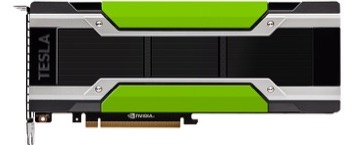
Tesla isn't just a car brand; in NVIDIA's world, it's a series of GPUs designed for accelerating machine learning and AI. These are the brains behind the operation, making sense of huge data sets and complex calculations at breakneck speeds.
4. NVIDIA DGX Systems: AI Supercomputing 🖥️
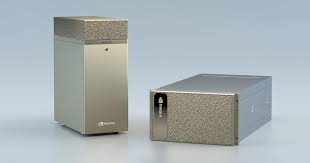
Imagine a powerhouse that crunches AI problems like a hot knife through butter. That's the NVIDIA DGX Systems for you.
They're like a one-stop-shop for AI research, offering immense computing power to tackle the toughest AI challenges.
5. Jetson Platform: AI at the Edge 🌐
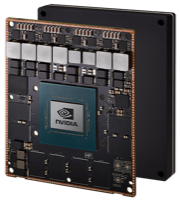
Jetson is NVIDIA's way of bringing AI to the edge (like robotics and IoT devices). These tiny but mighty platforms are perfect for projects that need AI in smaller, more energy-efficient packages. Think smart robots and intelligent cameras!
6. NVIDIA CUDA Platform: Programming Power 🔧
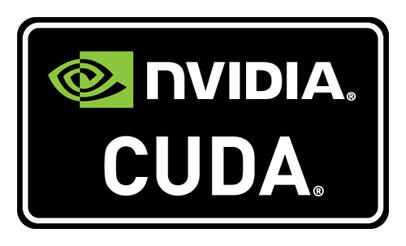
CUDA is like a magic wand for developers, allowing them to unlock the full potential of NVIDIA's GPUs. It's a programming model that helps in solving complex computational problems efficiently. Great for those who love to code!
7. NVIDIA Omniverse: Virtual Collaboration Universe 🌌
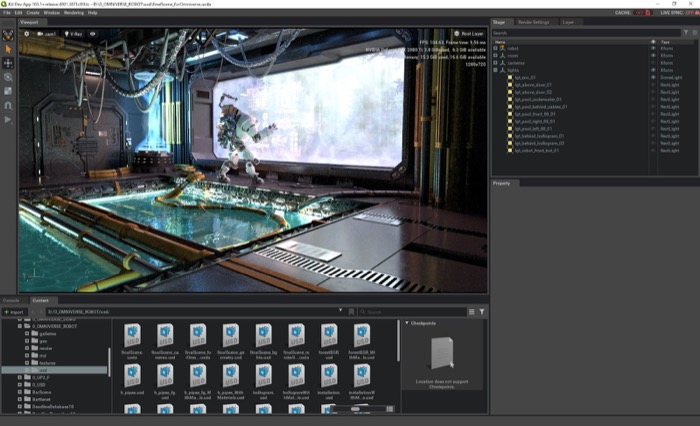
Step into Omniverse, and you're looking at a collaborative platform for 3D content creation. It's like a virtual universe where creators and engineers can come together to build stunning, lifelike simulations.
8. NVIDIA AI Platform: Smart Solutions 👓

Last but not least, NVIDIA's AI Platform is the backbone of many smart solutions we see today.
From voice recognition in our phones to helping cars drive themselves, this platform is at the forefront of making our world smarter and more connected.
NVIDIA's Competitive Edge 💪
These competitive advantages don't just make them a leader in tech; they make NVIDIA a fascinating company for investors to keep an eye on.
1. Innovation Powerhouse: Leading the Tech Evolution 🚀
NVIDIA is like the superhero of innovation in the tech world. They're not just following trends; they're creating them! With their groundbreaking work in GPUs and AI, NVIDIA consistently stays ahead of the curve. They're the brains behind some of the coolest advancements in gaming, professional visualization, data centers, and autonomous machines.
2. Diverse Product Portfolio: Something for Everyone 🌈
Think of NVIDIA as a Swiss Army knife in the tech world. They've got a tool for almost every need. From their GeForce series for gaming fanatics to their Quadro series for professionals, and their AI and data center solutions – NVIDIA's diverse product range caters to a wide array of customers and industries.
3. Strategic Partnerships: Playing Well with Others 🤝
NVIDIA knows that teamwork makes the dream work! They're masters at forming strategic partnerships across various industries. From collaborating with car manufacturers for autonomous driving technology to working with healthcare companies for AI-driven medical breakthroughs, NVIDIA's partnerships extend its reach and influence far and wide.
Is CEO Competent and Honest? 👨💼👩💼

We're diving into the story of a remarkable figure in the tech world – Jensen Huang, the CEO of NVIDIA.
1. The Journey Begins 🛤️
Jensen Huang co-founded NVIDIA in 1993, and since then, he's been the driving force behind the company's innovation and success. Born in Taiwan and raised in the U.S., Huang's journey is a classic tale of passion meeting perseverance.
He's an alumnus of Oregon State University and Stanford, which explains his deep roots in tech and innovation. 🎓
2. Innovation at Its Finest 💡
Under Huang's leadership, NVIDIA has become synonymous with graphics processing units (GPUs) – those magical chips that make our games look stunning and our AI projects run smoothly. But it's not just about gaming. NVIDIA, under Huang's guidance, has expanded into various sectors, including artificial intelligence, deep learning, and automotive technology. 🖥️🚗
3. A Leader of Integrity and Competence 🌟
What sets Jensen apart is his reputation for honesty and competence. He's known for being transparent with his plans and realistic about NVIDIA's capabilities. Under his helm, NVIDIA has seen consistent growth, innovation, and ethical business practices – a true testament to his leadership skills.
NVIDIA's Mission 🌍
We're peeking behind the curtain at NVIDIA, a company that's much more than just about awesome graphics.
1. Innovation: The Heartbeat of NVIDIA 💡
At NVIDIA, innovation isn't just a buzzword; it's a way of life. This tech giant continually pushes the boundaries of what's possible, not just in graphics, but in AI, gaming, professional visualization, and more. It's like they're always thinking, "What's next?" And then they go and make it happen! 🚀
2. Empowering the World with AI 🤖
NVIDIA has a clear mission: to use their groundbreaking technology to solve some of the world's toughest problems. They're not just making games look pretty; they're revolutionizing industries with AI. From healthcare to automotive, NVIDIA’s tech is making waves and changing lives.
3. Integrity and Excellence: NVIDIA's DNA 🧬
NVIDIA is big on doing things right. This means striving for excellence in everything they do and sticking to their guns when it comes to integrity. For investors like us, that’s a big deal. It's not just about making money; it's about investing in a company that values honesty and hard work. 💼
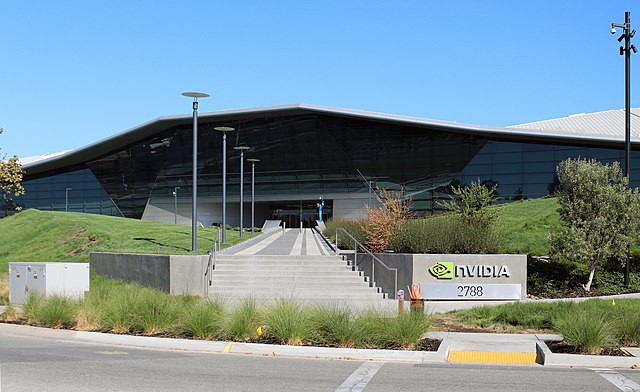
Stock Prices and Returns 📈
As of 2024-10-26, the 5-year average annual stock return for NVIDIA is 95.45%. The stock price has surged dramatically so far. Below is a chart showing the current stock price of NVIDIA.
Dividends 💰
As of 2024-10-26, the annual dividend rate of NVIDIA is 0.03%. The current dividend rate is low. Additionally, the dividend growth rate over the past year is 145.73% and the average annual dividend growth rate over 5 years is 21.05%. The dividends have been growing well over the long term.
Financial Statements 📊
Let's dive into the financial statements, the 'report card' of a company. They're key to understanding its growth and figuring out if it's a smart investment choice. Join me in this exploration!
1. Revenue 🏦
Revenue is the total amount of money a company earns from selling its products. The annual revenue growth rate over the past year for NVIDIA is 195.56%. Additionally, the average annual revenue growth rate over 5 years is 56.65%. You can see that the revenue of NVIDIA has been growing in the long term.
2. Net Income💰
Net income refers to the amount a company makes after subtracting the costs of goods sold from its sales revenue. Over the past year, the net income of NVIDIA has 415.71%, indicating a growth 📈.
Meanwhile, the average annual net income over 5 years has been 80.71%, showing a growth trend. Don't forget that the increase in net profit becomes the ultimate performance indicator for a company.
3. Debt 💳
The debt-to-equity ratio of NVIDIA is 15%. This means that NVIDIA has less debt than equity, indicating sound debt management. Furthermore, when examining the debt ratio compared to net income, it stands at 17.73%. Even when compared to the annual net income, it can be said that NVIDIA has a relatively low amount of debt.
4. ROIC (Return on Invested Capital)💰
ROIC is a measure of how much net income a company earns with the capital it has at its disposal. The current ROIC of NVIDIA is 130.37%. The ROIC of NVIDIA is impressively high, indicating that it is generating high efficiency net income with limited capital. Meanwhile, the average ROIC over the last 5 years is 49.43%.
5. PER (Price to Earnings Ratio) 📊
The PER is an indicator that allows you to see how much the stock price is valued in relation to net earnings. A higher PER indicates that the stock price is overvalued. The current PER of NVIDIA is 66.45. Also, the 5-year average PER is 77.81. Since the current PER is lower than the average, it suggests that the stock is undervalued compared to usual.
Meanwhile, the Forward PER predicted by analysts is 34.60. As better performance is expected than current, there's a possibility that the stock price might rise.
6. PSR (Price/Sales Ratio) 📊
The PSR is an indicator that helps determine how high the stock price is in relation to the sales revenue. A higher PSR indicates that the stock price is considered overvalued. The current PSR of NVIDIA is 36.19. Also, the 5-year average PSR is 26.59. Since the current PSR value is higher than the average, it suggests that the stock is overvalued compared to normal.
7. Share Buyback 🔄
Over the past year, the company has repurchased 0.7% of its total equity, acquiring these shares as treasury stock. The amount of treasury shares repurchased has risen compared to the three-year average. If NVIDIA decides to retire these treasury shares, it could lead to shareholder value return, potentially having a positive impact on the stock price.
Advantages of Investing in NVIDIA 🌟
We're zooming in on a hot topic: Why investing in NVIDIA stocks could be a smart move compared to other options.
1. Leading the Charge in Innovation 🚀
First up, NVIDIA is a trailblazer in the tech world. Known for their top-notch GPUs, they're not just about gaming anymore. They're at the forefront of AI, deep learning, and even self-driving cars! This constant push for innovation makes NVIDIA a potential goldmine for forward-thinking investors. 💡
2. Diverse Market Reach 🌍
NVIDIA isn't putting all its eggs in one basket. Their tech spans across various industries, from gaming to healthcare to automotive. This diversity means they're not as vulnerable to market dips in any one sector. For investors, that's a big thumbs-up for stability and growth potential! 👍
3. Financial Performance: Strong and Steady 💼
Let's talk numbers. NVIDIA has shown impressive financial performance, with steady revenue growth and strong market positioning. This isn't just good news; it's great news for investors looking for a reliable addition to their portfolio. 📈
4. A Visionary Leader 🌟
Remember Jensen Huang, NVIDIA's CEO? His vision and leadership have been pivotal in NVIDIA's success. Investing in NVIDIA is not just about the technology; it's also about trusting in a leader who has consistently steered the company towards growth and innovation. 👏
Disadvantages of Investing in NVIDIA ⚠️
Investing in NVIDIA, like any stock, comes with its own set of risks and rewards.
1. High Expectations, High Pressure 🏋️♂️
NVIDIA is a tech superstar, but with great fame comes great expectations. The company's stock is often priced with perfection in mind, reflecting high investor expectations. This can lead to volatility; if NVIDIA doesn't deliver as expected, stock prices might feel the heat. 🔥
2. Intense Competition: A Tech Battle Royale 🥊
In the tech arena, NVIDIA faces fierce competitors like AMD and Intel, especially in the GPU market. This intense rivalry means NVIDIA needs to constantly innovate and stay ahead, which can be a challenging and costly affair. For investors, this means there's always a risk of NVIDIA losing its edge. 🛡️
3. Economic Sensitivity: A Double-Edged Sword ⚔️
NVIDIA's business is closely tied to the broader economy. When things are good, it's great, but in economic downturns (like a recession), discretionary spending on tech can take a hit. This sensitivity can lead to stock price fluctuations more pronounced than in other sectors. 📉
4. Regulatory Risks: Navigating a Global Maze 🌐
As a global company, NVIDIA faces various regulatory challenges in different countries. Changes in trade policies, tariffs, or international relations can impact their operations and, subsequently, your investment. It's a complex world out there! 🌍
NVIDIA's Competitors 🏆
Understanding the big players in the game is crucial before diving into NVIDIA stocks. Let's meet the neighbors.
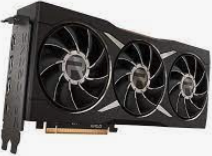
First up, AMD, a direct rival to NVIDIA, especially in the GPU market. They've been giving NVIDIA a run for their money with their Radeon graphics cards, which are popular among gamers and professionals alike.

Intel, the big name in CPUs, has been around the block a few times. Known for their dominant position in desktop and laptop processors, they've recently started dipping their toes in the discrete GPU market.
With their vast resources and R&D capabilities, Intel is like the experienced, heavyweight boxer in this tech ring.
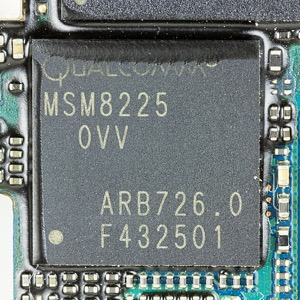
Qualcomm might not be a direct competitor in the GPU space, but they're a giant in the world of mobile chipsets. Their Snapdragon processors power a huge chunk of the smartphone world.
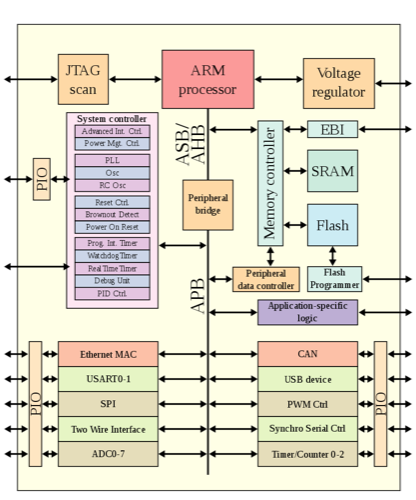
ARM is a bit different. They don't make chips themselves but design the architecture used by a plethora of devices worldwide. Their energy-efficient designs are in smartphones, tablets, and increasingly in laptops and servers.

Last but not least, Apple. With their move to produce their own chips, like the M series, they're becoming more of a competitor in the semiconductor space. Apple's focus on integrating hardware with their software creates an ecosystem that's hard to beat.
